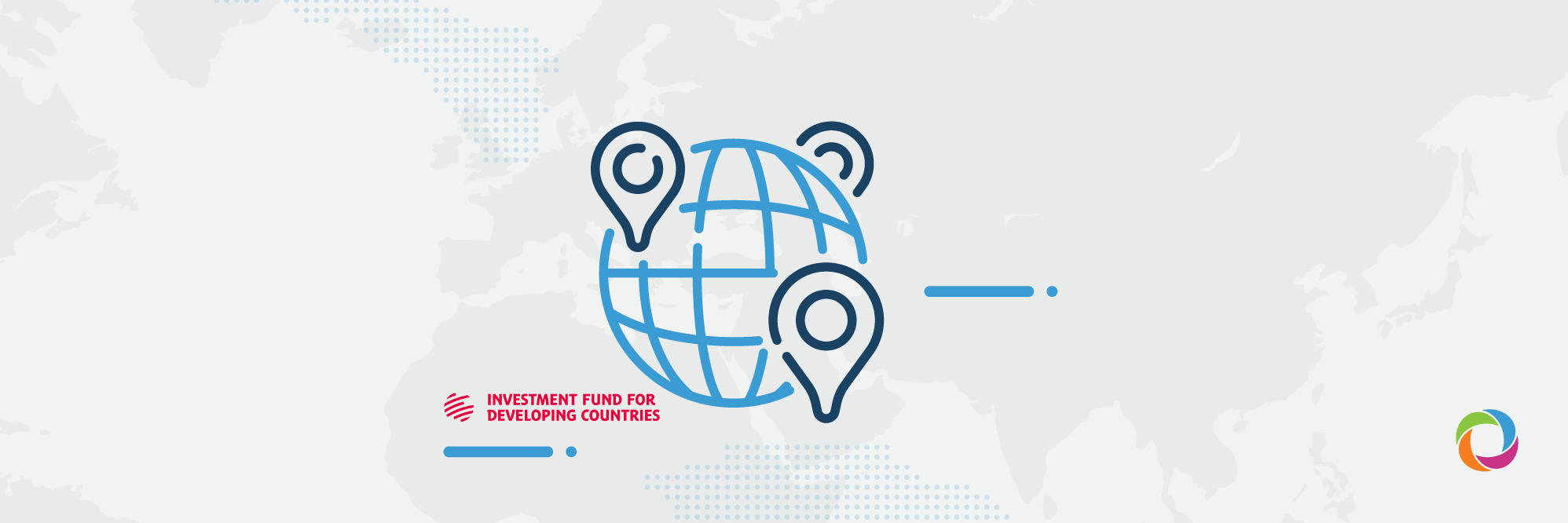IFU, Denmark’s investment fund for developing countries, has reported an 80% increase in investments in developing countries in 2020 compared to 2019. The funds were invested to contribute to the development of green, just, and inclusive societies mainly in Africa and Latin America. The institution’s annual report also revealed for the first time the climate footprint of its portfolio of investments.
About IFU
IFU was set up in 1967 by the Danish government to act as the country’s self-governing development finance institution. The fund provides financing to eligible Danish companies operating in developing countries across Africa, Asia, Latin America, and some European countries. Most financing is provided on a commercial basis, but grants are also an option depending on emerging emergencies.
So far, IFU has cooperated with more than 800 Danish companies and has made over 1,300 investments in 100 developing countries. The aggregate amount of the agreements it has entered into is about US$4 billion, of which almost US$3 billion has been disbursed.
2020 annual report in brief
According to the company’s annual report, in 2020 IFU contracted 31 investments amounting to DKK 2bn (about US$320 million).
“This is an all-time high investment level and an increase of 80 percent compared to 2019,” said CEO, Torben Huss. He expressed conviction that the investments would “create a positive impact and support the Sustainable Development Goals by generating jobs, expanding renewable energy production, extending financial services to more people and increasing access to high-quality healthcare services in developing countries.”
“The new investments are expected to directly employ close to 26,000 people once full capacity is reached,” the report read.
Despite its record-high investments, IFU recorded a loss of DKK174 million or almost US$28 million in 2020 compared to a profit of DKK28 million or US$4.5 million in 2019. The decrease was mainly due to the impact of the pandemic on the sectors and projects backed by IFU.
Who got what?
IFU’s investments in Africa in 2020 increased by about 20% against 2019 and focused on three main areas. Over US$46 million went to co-finance Humania, a company that builds and operates private hospitals in Egypt and Morocco. The fund also invested in a solar power plant in East Africa via the renewable energy firm, Africa GreenCo and Asilia Africa. IFU contributed an additional US$20 million to the Trade and Development Bank in Kenya as well thus doubling its previous investment in the bank.
Latin America also saw IFU’s investments increasing from about 10% in 2019 to nearly 25%. Investments were made in projects relating to microfinance, renewable energy, and biodiversity which demonstrates significant diversification compared to the single investment in 2019 in a Peruvian infrastructure fund.
Asian countries, on the contrary, witnessed a decrease in IFU’s investments from about one-third in 2019 to nearly 11% in 2020.
Targeting pandemic challenges
IFU allocated about US$52 million in investments that are intended to support enterprises fighting the negative effects of the coronavirus pandemic. Apart from financing provided on a commercial basis, IFU also offered about US$1.2 million for COVID-19 related grants.
“The allocated funds for grants have been distributed on several initiatives, including buying protective equipment and training employees in handling COVID-19 related issues as well as assisting healthcare workers and patients in preventing the spread of COVID-19,” according to the company’s annual report.
Torben Huss said, “Naturally, COVID-19 has also been a big challenge for us in 2020, and I am satisfied that we have been able to help a number of our project companies directly during the crisis, and indirectly, through banks and financial institutions, have contributed to secure additional financing for local companies in developing countries.”
Climate footprint
For the first time in its history, IFU has unveiled the climate footprint of its portfolio of investments in its annual report. The move is related to IFU’s decision to align its new financing decisions with the objectives of the Paris Agreement on climate change by 2022, a commitment it made in November 2020. The company pledged to ensure that by 2050 its portfolio will demonstrate net-zero emissions.
As of late 2020, IFU’s total investment portfolio contributed to emissions of 453,000 tons of CO2 according to the company’s report. The most CO2 emissions were generated by the cement and fertilizer industries with a total of over 200,000 tons of CO2. At the same time, these two industries benefitted from the lowest amounts of IFU investments in 2020, with a total of just 3%.
Commenting on this issue, Torben Huss noted, “By calculating the GHG footprint of the investments, we are taking another step to reduce the GHG emissions from our portfolio. The calculations will be repeated and used to track IFU’s journey towards net-zero emissions.”

